Contact Details

Walter has introduced new grades of Tiger·tec® Gold inserts for turning steel with a variety of both negative and positive geometries. The WPP10G grade is primarily for continuous cuts and highest cutting speeds. The WPP20G is a universal grade ideal for most applications, with an optimized performance between toughness, hardness and tool life. And the tough WPP30G grade is for interrupted cuts and unfavorable machining conditions. Walter now offers users these three Tiger·tec® Gold grades, specially designed for turning operations in steel (with cast iron as a secondary application). In hundreds of customer tests globally these new inserts have increased tool life by an average of approximately 50% thanks largely to their layered structure of coatings.
A patent-pending, highly textured, multi-layered MT-TiCN layer increases toughness and reduces flank face wear, resulting in lower cost per cutting edge. The inserts’ highly textured Al2O3 layer also minimizes crater wear, and the gold-colored top layer improves wear detection. The gradient carbide substrate boosts wear resistance and toughness. In addition, Walter provides its signature multi-stage post-treatment. This produces an unusually smooth rake face, reducing friction and also increasing toughness.
This ensures high process reliability in automated processes. With this expansion of the product range, users can now benefit from maximum flexibility and minimal component costs when turning.
Related Glossary Terms
- hardness
hardness
Hardness is a measure of the resistance of a material to surface indentation or abrasion. There is no absolute scale for hardness. In order to express hardness quantitatively, each type of test has its own scale, which defines hardness. Indentation hardness obtained through static methods is measured by Brinell, Rockwell, Vickers and Knoop tests. Hardness without indentation is measured by a dynamic method, known as the Scleroscope test.
- rake
rake
Angle of inclination between the face of the cutting tool and the workpiece. If the face of the tool lies in a plane through the axis of the workpiece, the tool is said to have a neutral, or zero, rake. If the inclination of the tool face makes the cutting edge more acute than when the rake angle is zero, the rake is positive. If the inclination of the tool face makes the cutting edge less acute or more blunt than when the rake angle is zero, the rake is negative.
- turning
turning
Workpiece is held in a chuck, mounted on a face plate or secured between centers and rotated while a cutting tool, normally a single-point tool, is fed into it along its periphery or across its end or face. Takes the form of straight turning (cutting along the periphery of the workpiece); taper turning (creating a taper); step turning (turning different-size diameters on the same work); chamfering (beveling an edge or shoulder); facing (cutting on an end); turning threads (usually external but can be internal); roughing (high-volume metal removal); and finishing (final light cuts). Performed on lathes, turning centers, chucking machines, automatic screw machines and similar machines.
- wear resistance
wear resistance
Ability of the tool to withstand stresses that cause it to wear during cutting; an attribute linked to alloy composition, base material, thermal conditions, type of tooling and operation and other variables.

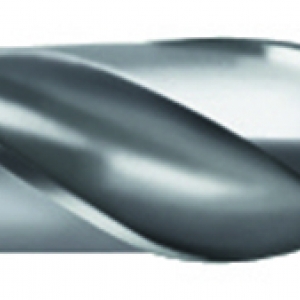
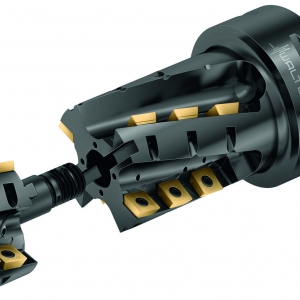
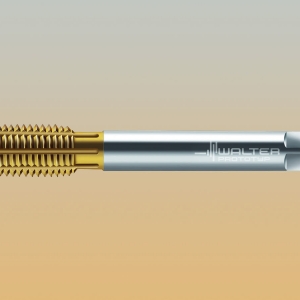
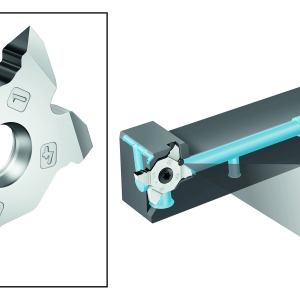
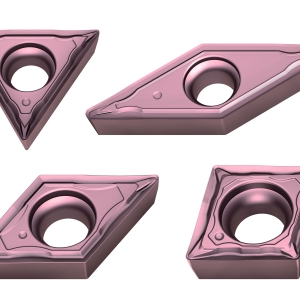
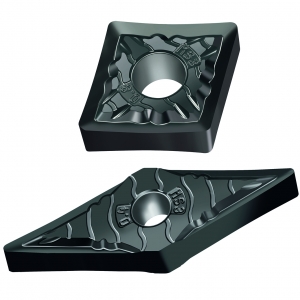
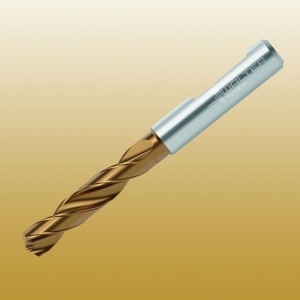
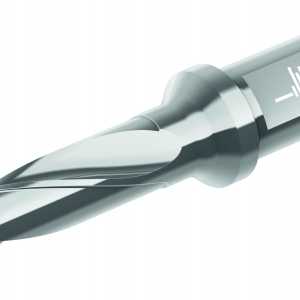
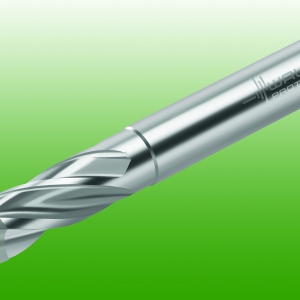
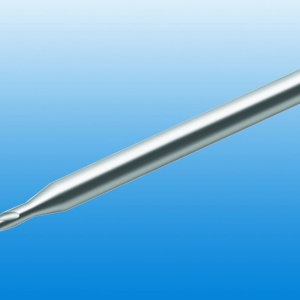
 PRODUCTS
PRODUCTS

